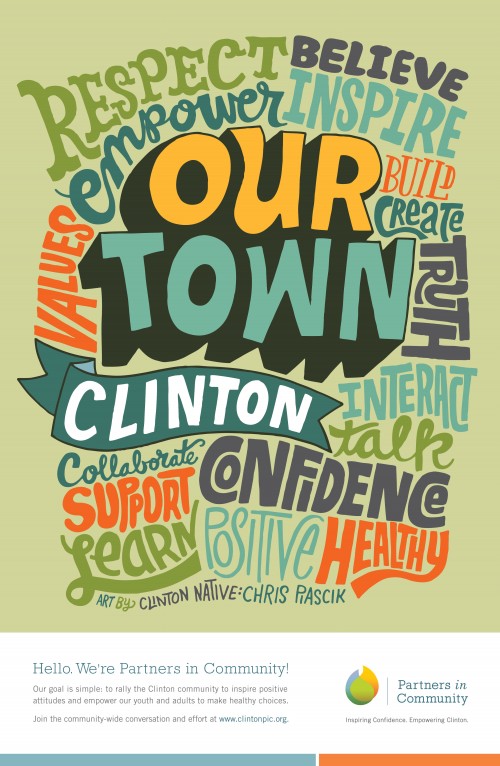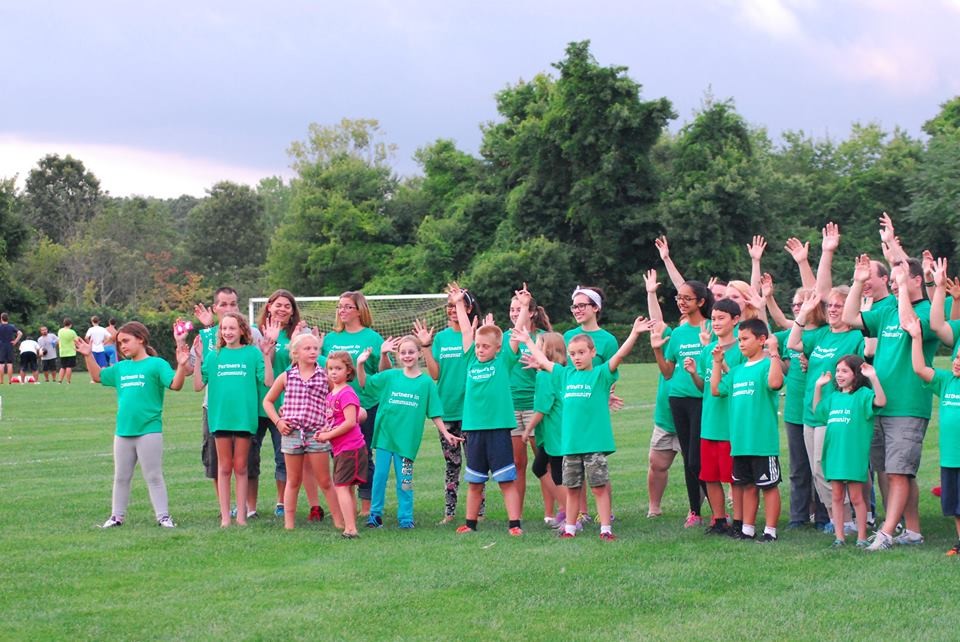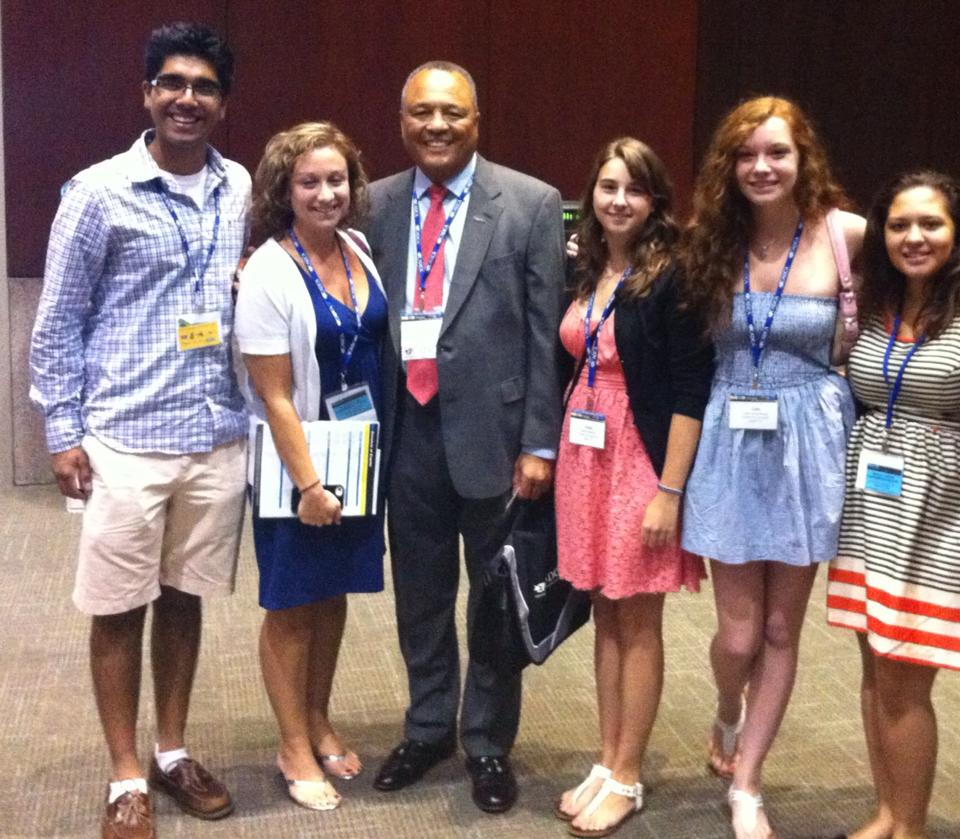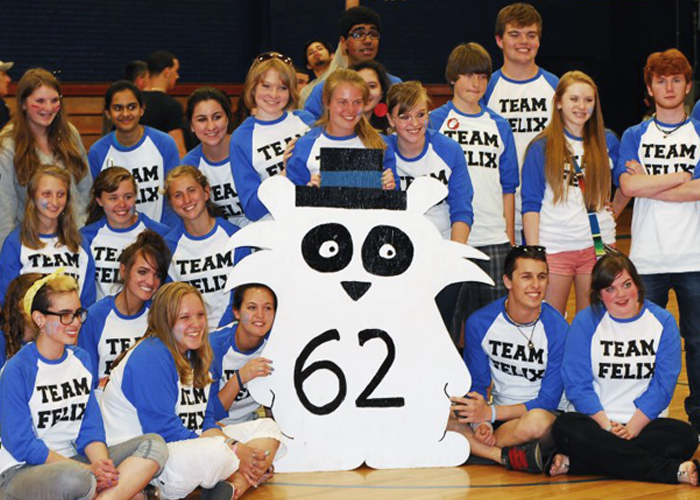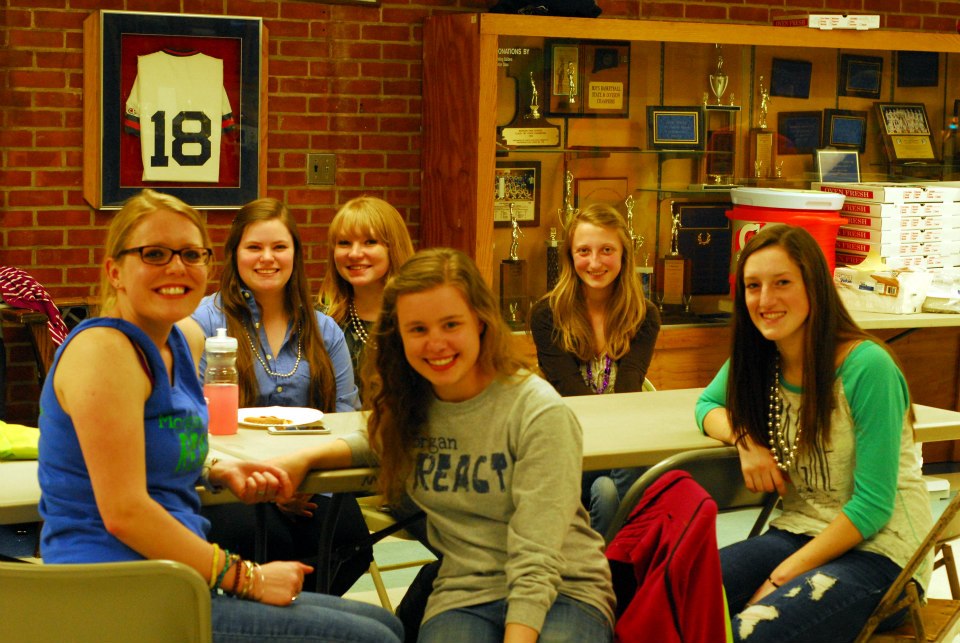Every two or three years since 2005, Partners in Community has surveyed the Clinton 7-12 grade students on the Developmental Assets. The Search Institute out of Minnesota has identified 40 research-based, positive qualities that influence young people’s development, helping them become become caring, responsible, and productive adults. PiC has followed the Clinton survey data from 2005-2014 to see how much progress we are making in our efforts to increase all of the assets in our young people.
While all of the assets are important to a young person’s development and healthy decision making abilities, PiC has focused their work on the following assets: family communication (#2), community values youth (#7), resistance skills (#35), positive peer influence (#15), and planning and decision making (#32). When PiC began surveying youth in grades 7-12 in 2005, the following percentages of students reported having the above assets:
Positive Family Communication 27%
Community Values Youth 16%
Resistance Skills 40%
Positive Peer Influence 63%
Planning/Decision Making 25%
PiC was quite concerned with the majority of those percentages. While peer influence looked pretty good at 63%, we also realized that peers are one of the most influential forces in adolescent decision making. If we could raise that number even higher, the likelihood of our youth staying on a healthy track would increase!
The REACT programs directly target the peer influence asset, as well as resistance skills and planning and decision making. Youth are empowered as leaders to use the voice in the community to communicate their experiences, their needs, and their abilities. REACT youth are serving on the PiC board, the Board of Education, the Planning and Zoning Board, as well as some state of Connecticut boards focusing on prevention of substance use. They are Girl and Boy Scout leaders, Eagle Scouts, and members of Student Council. Having the ability to make a positive impact at the school and community level helps our teens strive for healthy, productive lives.
The Family OlymPiCs, World Cafe’s, Sofa Socials, and ToPiC presentations that PiC offers all directly target the Positive Family Communication asset. Families are encouraged to educate themselves on drug and alcohol trends and communication strategies through these events. Parents use one another as resources to increase the number of skills in their parenting tool kits, which strengthens their conversations with their children. PiC’s belief that “it takes a village to raise a child” empowers every member of the community to take part in the well being of our youth. Building relationships with young people in all sectors of town (sports, school, employment, community service, music, art, etc) makes the youth feel important and capable and brings Clinton residents closer together.
Since the implementation of the PiC initiatives, the percentages of youth reporting the targeted assets has increased significantly! Check out the 2014 results: (2005 percentages are in parentheses)
Positive Family Communication (27%) 44%
Community Values Youth (16%) 36%
Resistance Skills (40%) 56%
Positive Peer Influence (63%) 75%
Planning/Decision Making (25%) 39%
Click on the link below to view substance use trends amongst Clinton, Madison and Guilford students:
Shoreline Substance Use Data
It is exciting to see that early age use of alcohol is decreasing in Clinton! Far fewer 7th and 8th graders are using alcohol, and the numbers of high school students drinking is also falling. Tobacco use continues to decrease in Clinton as well, although many students report trying E-cigs, which may be this generation’s trend of tobacco use. Marijuana use is still low in Clinton’s younger grades, but is growing slightly for older students. This is not a surprise in light of the mass marketing of how “safe” marijuana is, and how it is considered medicine. Our students are not getting the clear message that use of marijuana can severely impair the teen brain, which is one of the goals of PiC for the upcoming months.
Clinton is definitely making progress in building assets. We have a-ways to go before we are at a comfortable level, with the majority of our youth reporting having most of the assets. There is a place for each community member at the table for this endeavor! How can you build a relationship with a young person? Start by saying hello! Ask what grade they are in, what their interests are! Young people are always happy when they are noticed by community elders.
If you want to be more involved in PiC’s initiatives, please come to our next meeting! We would be thrilled to have you at the table to help us brainstorm and plan for the well-being of our town! For more information on all of the assets, substance use rates or PiC in general, call 860-664-1142 or email Kelley Edwards at kedwards@clintonct.org.

